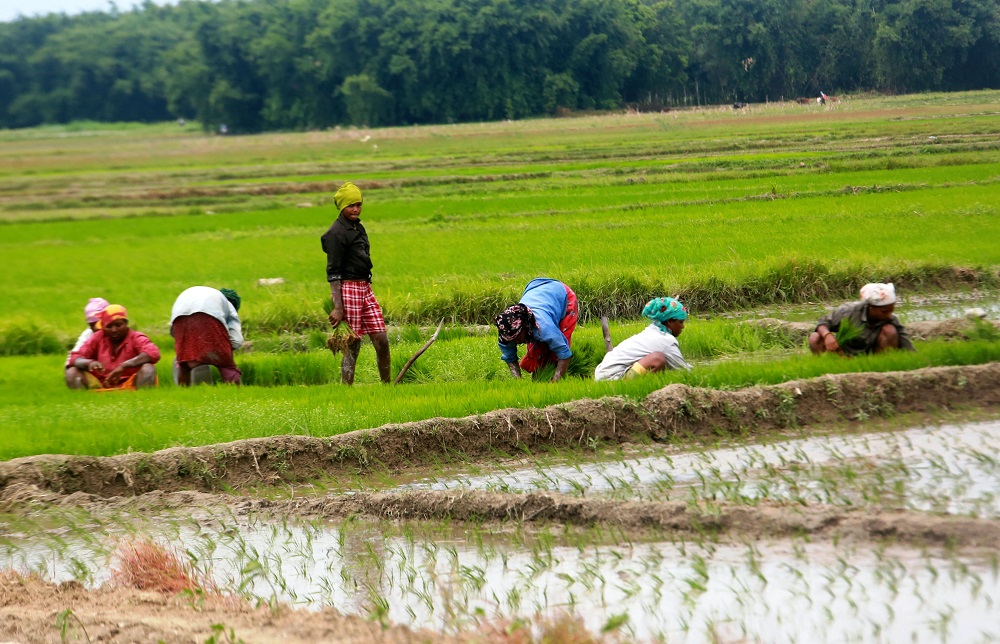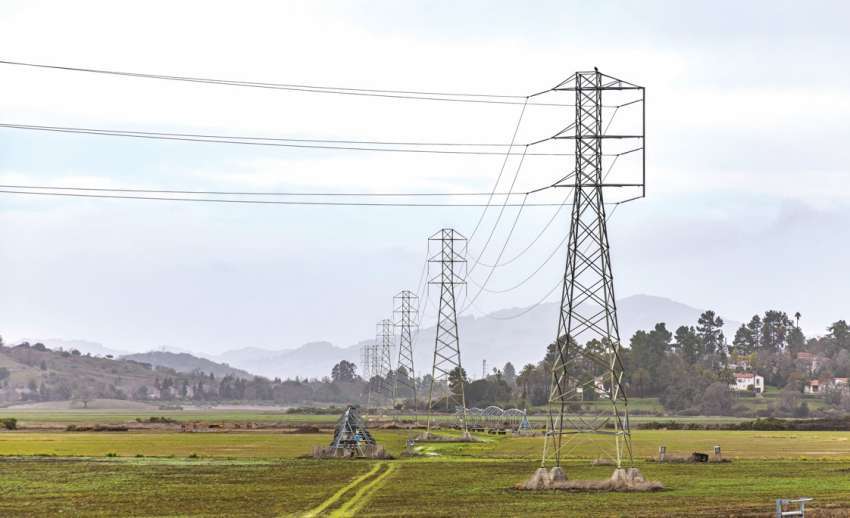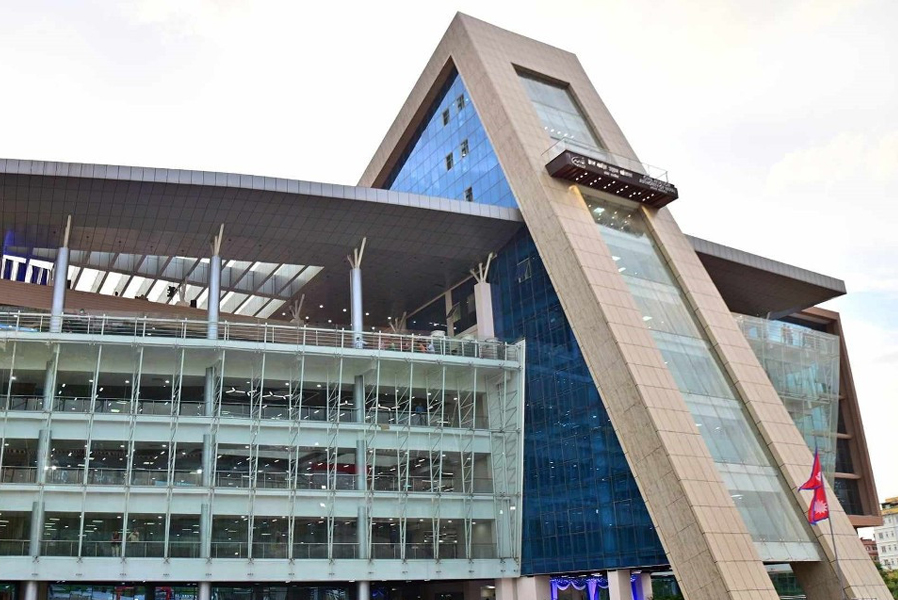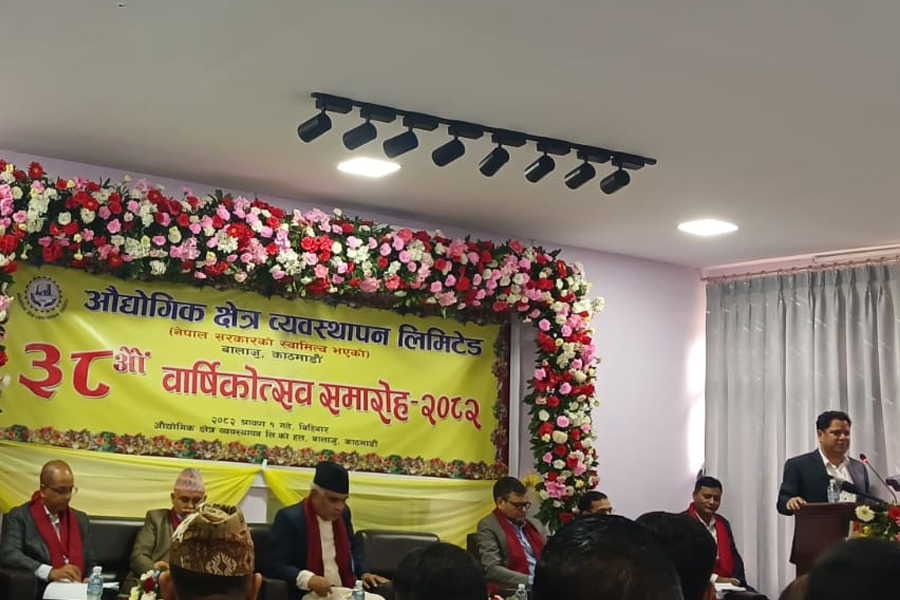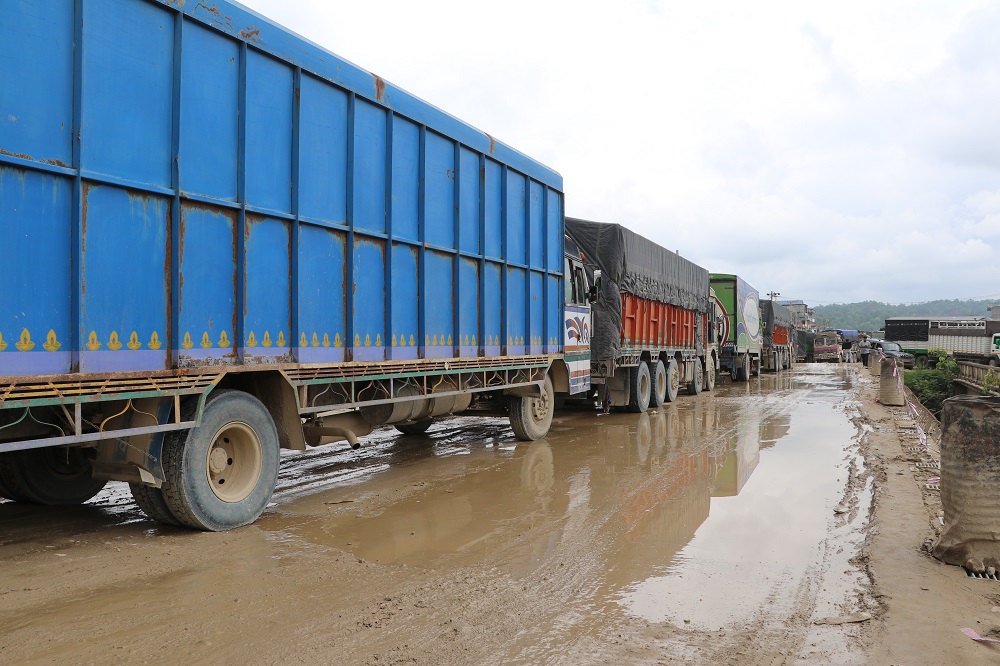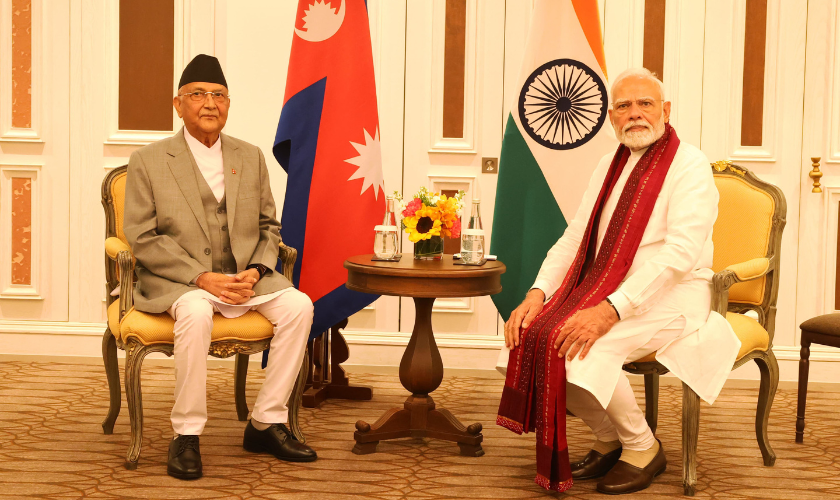Dengue infections, once limited to the summer and monsoon seasons, are now being reported year-round in Nepal’s Sudurpaschim Province, with experts linking the trend to the effects of climate change.
Health officials say rising temperatures, irregular rainfall patterns, and prolonged mosquito breeding periods have contributed to a steady increase in dengue transmission across the region. According to Hemraj Joshi, Information Officer at the Sudurpaschim Provincial Health Emergency Operations Center, climate change has not only extended the lifespan of mosquitoes but also increased their capacity to transmit diseases.
“Previously, dengue cases were reported only during warmer and wetter months. Now, we’re seeing infections even during the colder season,” Joshi said. “As temperatures rise, mosquitoes can survive throughout the year, creating a persistent risk.”
Joshi added that favorable weather conditions have supported the mosquito life cycle, making dengue a growing public health challenge in the region. From January to June 2025, a total of 167 dengue cases were recorded in Sudurpaschim Province. The monthly breakdown includes 22 cases in January, 27 in February, 17 in March, 40 in April, 34 in May, and 20 cases so far in June.
The highest number of cases during this period was reported in Dadeldhura (34), followed by Kailali (31), Kanchanpur (29), Doti (25), Achham (24), Bajhang (11), Bajura (11), and Darchula (2). No dengue infections have been reported in Baitadi district so far this year.
Dengue is transmitted by the bite of an infected Aedes aegypti mosquito. Joshi noted that unmanaged plastic waste and stagnant water around homes have created ideal breeding grounds for the vector. He emphasized that dengue should no longer be seen as a seasonal problem but as a year-round threat that demands continuous awareness and preventive action.
Joshi called for a climate-adaptive sanitation strategy that includes public awareness campaigns and community-based efforts to eliminate mosquito larvae. With the onset of the monsoon season, he warned that the risk of a spike in infections remains high and stressed the need for maintaining environmental hygiene.
Health workers recommend wearing long-sleeved clothing and using mosquito nets, particularly in the morning and afternoon when Aedes mosquitoes are most active. They also advise households to dispose of stagnant water weekly from tanks, containers, and discarded tires, and to conduct awareness campaigns in schools.
“There is a high chance of dengue outbreaks during the summer and monsoon,” said Parmanand Bhatt, Head of the Health Section at Shuklaphanta Municipality. “This is the time to intensify public awareness and sanitation campaigns. If we remain vigilant, we can prevent the spread of dengue.” -- RSS


